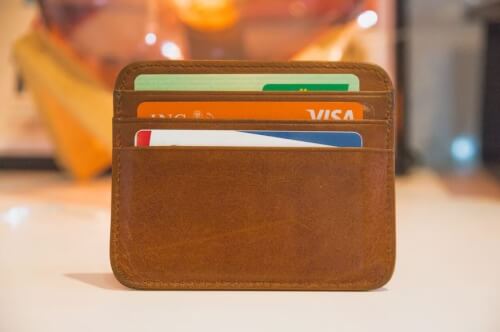List of Universal Branch Codes for All Banks in South Africa. Capitec Bank (470010), FNB (250655), Nedbank (198765), and Standard Bank (051001). In South Africa, a universal branch code is a six-digit identifier for a specific bank branch. It acts like a shorthand way to route electronic funds transfers (EFTs) to the correct destination. Imagine it as a zip code for bank branches, but not quite as unique.
ALSO READ: SA Universal Branch Codes – FNB, Standard Bank, Nedbank, ABSA
List of Universal Branch Codes for All Banks in South Africa
| Bank | Universal Branch Code |
| Absa Bank | 632 005 |
| Capitec Bank | 470 010 |
| First National Bank (FNB) | 250 655 |
| Investec Bank | 580 105 |
| Nedbank | 198 765 |
| Standard Bank | 051 001 |
| African Bank | 430 000 |
| Mercantile Bank | 450 905 |
| TymeBank | 678 910 |
| Bidvest Bank | 679 000 |
| Sasfin Bank | 683 000 |
| Bank of Athens | 410 506 |
| RMB Private Bank | 222 026 |
| South African Post Bank (Post Office) | 460 005 |
| Hollard Bank | 585 001 |
| Discovery Bank | 679 000 |
| Standard Chartered Bank | 730 020 |
| Barclays Bank | 590 000 |
| Investec Bank Limited | 580 105 |
| Mercantile Bank Limited | 450 905 |
Universal Branch Codes in South Africa FAQs
What is a universal branch code in South Africa?
A universal branch code in South Africa is a six-digit code that uniquely identifies a specific bank branch. It helps route interbank transactions and ensures funds reach the correct destination.
How do I find my bank’s universal branch code?
There are several ways to find your bank’s universal branch code:
- Check your bank statement: The code is often printed alongside your account details.
- Contact your bank: Call customer service or visit a branch directly.
- Visit your bank’s website: Most banks provide a list of their universal branch codes readily available online.
Can I use a universal branch code to make payments in South Africa?
Yes, a universal branch code is essential for making electronic funds transfers (EFTs) within South Africa. It helps identify the bank branch where the recipient holds their account.
How do I transfer money using a universal branch code?
To initiate an EFT using a universal branch code:
- Gather the recipient’s bank details: bank name, account number, and universal branch code.
- Initiate the transfer through your online banking platform or visit your bank branch.
Universal Branch Codes for Major South African Banks:
- Standard Bank: 051001
- Absa: 632005
- FNB: 250655
- Nedbank: 198765
- Capitec Bank: 470010
What is the Universal Branch code for Nedbank in South Africa?
The universal branch code for Nedbank in South Africa is 198765.
What is the Universal Branch code for Capitec Bank in South Africa?
The universal branch code for Capitec Bank in South Africa is 470010.
What is the Universal Branch code for Standard Bank in South Africa?
The universal branch code for Standard Bank in South Africa is 051001.
What Is The African Bank Universal Branch Code?
The African Bank Universal Branch Code is 430 000.
What is the Universal Branch code for Absa in South Africa?
The universal branch code for Absa in South Africa is 632005.
What is the Universal Branch code for FNB in South Africa?
The universal branch code for FNB in South Africa is 250655.
Using Universal Branch Codes for Online Banking:
The process might differ between banks. It’s best to consult your bank’s website or customer service for specific instructions on using a universal branch code for online banking in South Africa.
Conclusion
Universal branch codes are a key element for smooth and accurate electronic funds transfers (EFTs) within South Africa. They act as a unique identifier for bank branches, ensuring funds reach the intended recipient. Whether you’re using online banking or visiting a branch, knowing the recipient’s bank, account number, and universal branch code is crucial for successful money transfers.
Remember, while some common branch codes are listed here, it’s always a good practice to verify the specific code with your bank or the recipient’s bank to ensure accuracy.
